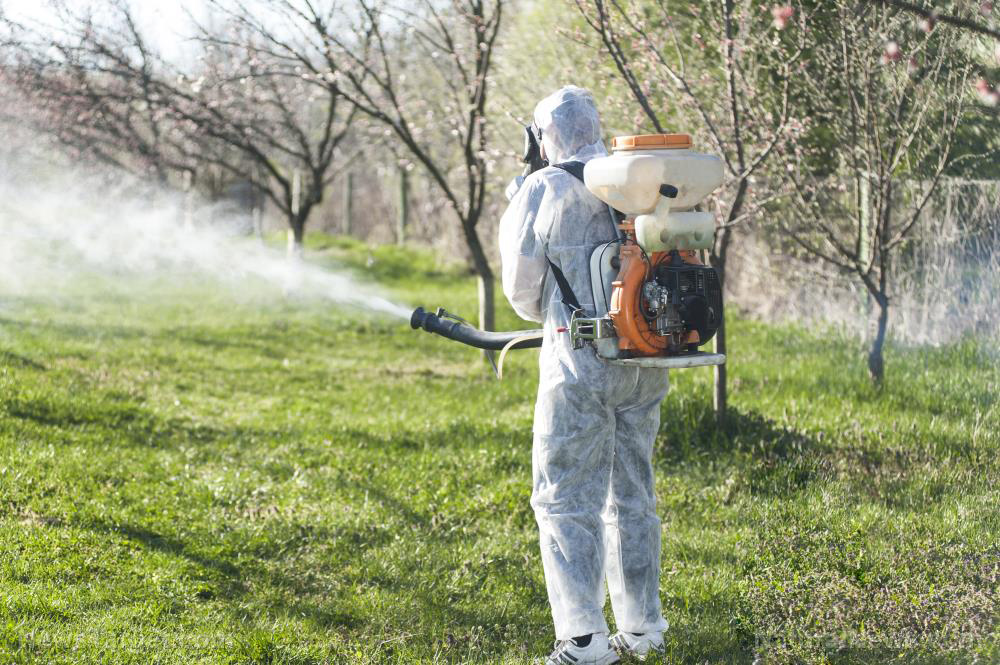 Parler
Parler Gab
Gab
- Governor Josh Shapiro's home was firebombed in a targeted attack by Cody Balmer, who admitted ideological hatred.
- Balmer meticulously planned the assault, using Molotov cocktails and a hammer, intending harm.
- The attack caused severe damage to the historic residence, symbolizing the erosion of democratic norms.
- Bipartisan backlash condemned the violence, though media double standards on political violence persist.
- The incident highlights a broader crisis where extremism replaces democratic discourse with brute force.
A premeditated assault on democracy
Balmer’s meticulously planned attack reads like a domestic terrorism manual. According to Pennsylvania State Police affidavits, he siphoned gasoline from a lawnmower, filled Heineken bottles to create Molotov cocktails, and walked an hour to the governor’s mansion. Surveillance footage captured him scaling a perimeter fence, smashing windows with a hammer, and igniting fires in the piano and dining rooms—spaces where Shapiro’s family had hosted a Passover Seder hours earlier. "He was very methodical in his approach," said Lt. Col. George Bivens. Balmer’s admission that he anticipated harming occupants reveals intent beyond property damage; this was an attempted political assassination. The damage was severe: ceilings collapsed, furniture was reduced to ash, and Passover decorations lay blackened beside shattered glass. Yet the greater devastation is symbolic. The governor’s residence—a historic building housing state art and eight gubernatorial families since 1968—was violated not by a random criminal, but by a man weaponizing ideological rage. The backlash was swift and cross-partisan. Pennsylvania GOP Chairman Greg Rothman called the attack "unacceptable," emphasizing, "There is no place for violence in our society." Shapiro, a Democrat, echoed this: "I don’t give a damn if it’s coming from one particular side or the other … It has to stop." Such solidarity is critical, yet it raises uncomfortable questions. Would national media devote equal coverage if a Republican governor were targeted? Recent history suggests not. When a left-wing activist shot GOP Congressman Steve Scalise in 2017 or when Trump supporters faced violent riots in 2020, many outlets downplayed the ideological motives. This double standard fuels division. As Shapiro noted, violent rhetoric—whether from fringe online forums or mainstream commentators—creates a permission structure for extremists. Balmer’s actions didn’t emerge in a vacuum. They reflect a culture where dehumanizing political opponents has become routine.The broader crisis: Violence as political language
The Shapiro attack joins a grim roster: with the 2017 shooting of Rep. Scalise joined by last year’s assassination attempts against Donald Trump and the ongoing burning and firebombing of Tesla vehicles. The common thread? A rejection of democratic resolution in favor of brute force. Balmer’s use of improvised explosives mirrors tactics seen in extremist playbooks, yet his profile—a Harrisburg local with prior theft charges—defies easy categorization. This unpredictability makes such threats harder to combat. Critically, Balmer’s hatred wasn’t abstract. He told police he knew Shapiro might be home, accepting the risk of casualties. This distinguishes the act from mere vandalism; it was terrorism designed to intimidate a sitting official and his constituents. Authorities charged Balmer with eight felonies, including terrorism and attempted murder. Yet legal consequences alone won’t remedy the societal sickness enabling such violence. Shapiro’s refusal to be "deterred" is commendable, but his call for unity must be matched by systemic action: bolstering security for officials, de-escalating incendiary rhetoric, and rejecting partisan hypocrisy in condemning attacks. The fire at the governor’s mansion is a flare illuminating America’s crisis of civility. When ideology justifies arson against elected leaders, democracy itself burns. As Shapiro said amidst the ashes: "We have to be better than this." Sources for this article include: 100PercentFedUp.com Fox43.com CNN.com FoxNews.comHamas offers long-term truce with Israel, potential to cede Gaza control
By Cassie B. // Share
Russia and Ukraine accuse each other of VIOLATING Easter ceasefire
By Ramon Tomey // Share
Survival 101: How to properly handle everyday flammables
By Zoey Sky // Share
Zelenskyy calls for 30-day ceasefire as U.S. fatigue grows over Ukraine war costs
By Cassie B. // Share
‘Toxic cocktail’: study finds almost 200 pesticides in European homes
By S.D. Wells // Share
Governments continue to obscure COVID-19 vaccine data amid rising concerns over excess deaths
By patricklewis // Share
Tech giant Microsoft backs EXTINCTION with its support of carbon capture programs
By ramontomeydw // Share
Germany to resume arms exports to Israel despite repeated ceasefire violations
By isabelle // Share










